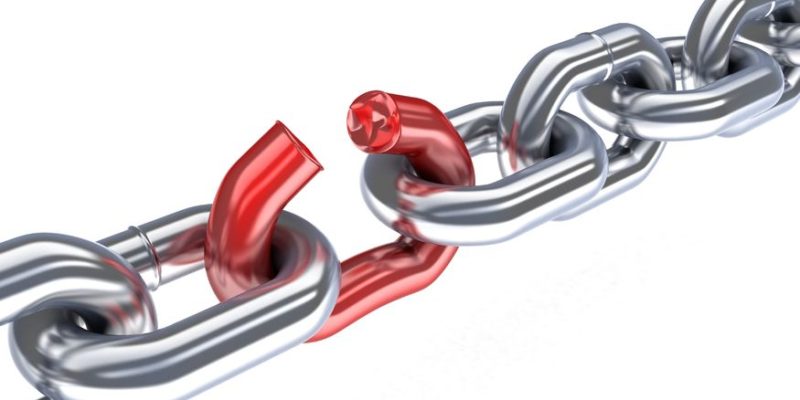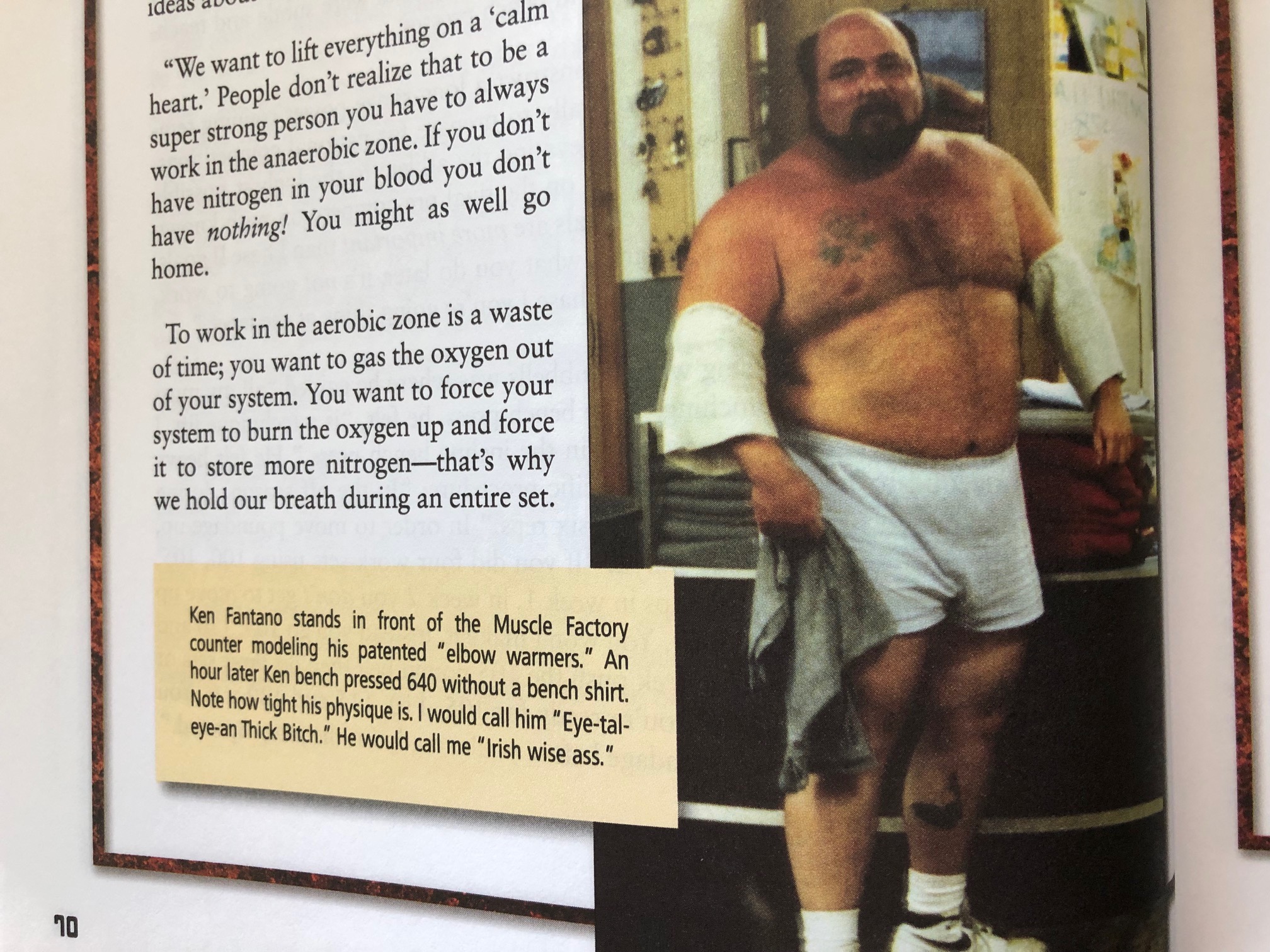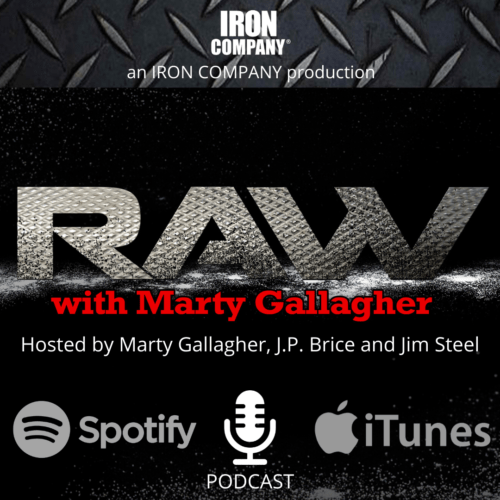
Kill The Weakness by Attacking The Weakness - Bench Press
Killing the weakness on the bench press
Sometimes you have to come to the realization about a particular weakness you may have. For instance, I was always lousy at math when I was growing up. My dad is good in math, my mom is good at English. I took after my mom; I got her love of reading. But the math weakness became a real problem once I got to algebra in the seventh grade. I was lost. So lost that I had to take algebra as a high school senior in summer school in order to graduate. Math was always one of those things that my brain would get all scrambled up. And it was during that summer of my senior year when I finally came to the realization that in order to get good at math, I'd have to work harder than everyone else in order to succeed. I remember it like it was yesterday: It was the first day of summer school and we had a teacher who came from a different school. Mrs. Tillery was her name and she was a Marlboro smoking, no shit taking, forty-year-old algebra teacher who meant business. I was talking, messing around when she walked in. Oh no, she said, you (pointing at me), come sit up here right by me. Hmm, I thought. She may be a tough one. And she was a tough one. No fooling around, just do your work. She'd teach us a concept and then we'd practice and practice and practice. Pages of pages of problems. I needed that, the practice and the no bullshit attitude of a teacher. She was like a coach, do this exactly how I tell you and you will succeed. And a light suddenly came on in my head and I started to get it and then I really got it. I got a B grade in that class, working hard, doing homework every night. Mrs. Tillery changed my way of thinking, namely that if I really wanted to get good at something, something that gave me trouble, I had to buckle down and get to work and do more and be more efficient than everyone else in order to just be as good as them, and to be better, I had to work even smarter and harder!
It can be the same way when training with free weights and getting stronger.
Everyone has those lifts that they are better at than others. Usually, if you find a lift that you excel in when you are just starting out, you have a tendency to just focus on that lift and sometimes at the exclusion of the other lifts. I was always decent at legs and back training, and my shoulder stuff was okay, also. But my bench press? The lift that everyone was cuckoo about in the 80’s? I struggled with that lift mightily. The bench press was my weakness. When a bunch of guys were benching 315 pounds in high school, I was lucky to bench 250 pounds. So what did I do? I bench pressed more frequently with no technique, and not with any plan to speak of. I’d bench in the morning and go to failure on a bunch of sets and then I'd sometimes come back at night and bench press some more. I'd do anything to get better at it, including cheating. I’d bounce the barbell off of my chest, my butt would come up, I was all over the place.
All I got out of all of that extra work was a severe case of biceps tendonitis that I can still feel today, and I actually got weaker. I was like, screw the bench press! Sorta like my kids act when I tell them to go to bed; They think that if they ignore me then maybe I will go away. I just wanted the bench press to go away.

When people brought up the bench, I insulted the exercise, saying that a real man squats and deadlifts, which although that statement does have some merit, I just didn’t like doing things that I wasn’t good at doing, so I concentrated on the barbell squat, bent over row and shoulder press. Bench just felt awkward and unnatural to me. Even when I competed in powerlifting years later, I just did a perfunctory measly bench and pushed the squat and deadlift at the meet. I mean, my bench was like 350 pounds at the most, and I was squatting in the 700’s and deadlifting close to that weight. It wasn't until many years later, when I started talking with Kirk Karwoski and Rob Wagner that I learned how to bench press properly: Elbows in, scapula pinched, rib cage up, shorter bar path. The same bench technique they learned from Ken Fantano years before. I now had the ammunition to begin conquering my lingering weakness on the bench press.
At first, when I tried the new techniques, I was so frustrated that I went back to my old style of benching after a few weeks. But then my old problems resurfaced and most of all, I wasn’t getting any stronger, so I went back to it, and gave the new technique a chance and had some patience, and I start to make gains in strength. But you see, I had to break it down, I had to suck at it and hit rock bottom at it before I could basically give in and say to myself, you can't get any worse, put that ego in your pocket and give this your best shot. And just like math class, I did work harder at improving my weakness, but it wasn’t always taxing physically. I had to work harder at practicing the new technique all of the time even with just the bar. I had to learn the skill and my body had to remember it by greasing the correct groove. Then, I slowly upped my poundage and my triceps got stronger as I kept going and then I started to really enjoy benching. I think that I also began enjoying it more because it went from nothing to something with diligence and the realization that I wasn’t a natural at it, and a new, a smarter approach was needed. I eventually bench pressed 505 pounds in a meet and close grip benched over 400 with a pause because I threw my ego out the door and became a novice, breaking the whole thing down and relearning the skill correctly.
My point about all of this is that when you are having trouble with a certain exercise, you may not be a natural at it and you may need to step back, analyze why you aren't’ succeeding, and then break it down and start over. Smart practice and more smart practice is essential here and with that, eventually you will overcome the weakness and make it a strength of yours.
About The Author
Jim Steel has been immersed in athletics and the Iron Game for most of his life. He has been a college football player and coach, powerlifter, Muay Thai fighter and is currently a competitive bodybuilder. In 1999, Steel was named Assistant Strength and Conditioning Coordinator at the University of Pennsylvania, and moved up to Head Strength and Conditioning Coordinator in 2004. He is the owner of the blog basbarbell.com, and is a motivational speaker, frequent podcast guest and the author of two books, Basbarbell Book of Programs and Steel Reflections. Steel is a Certified Strength and Conditioning Specialist with the National Strength and Conditioning Association.



